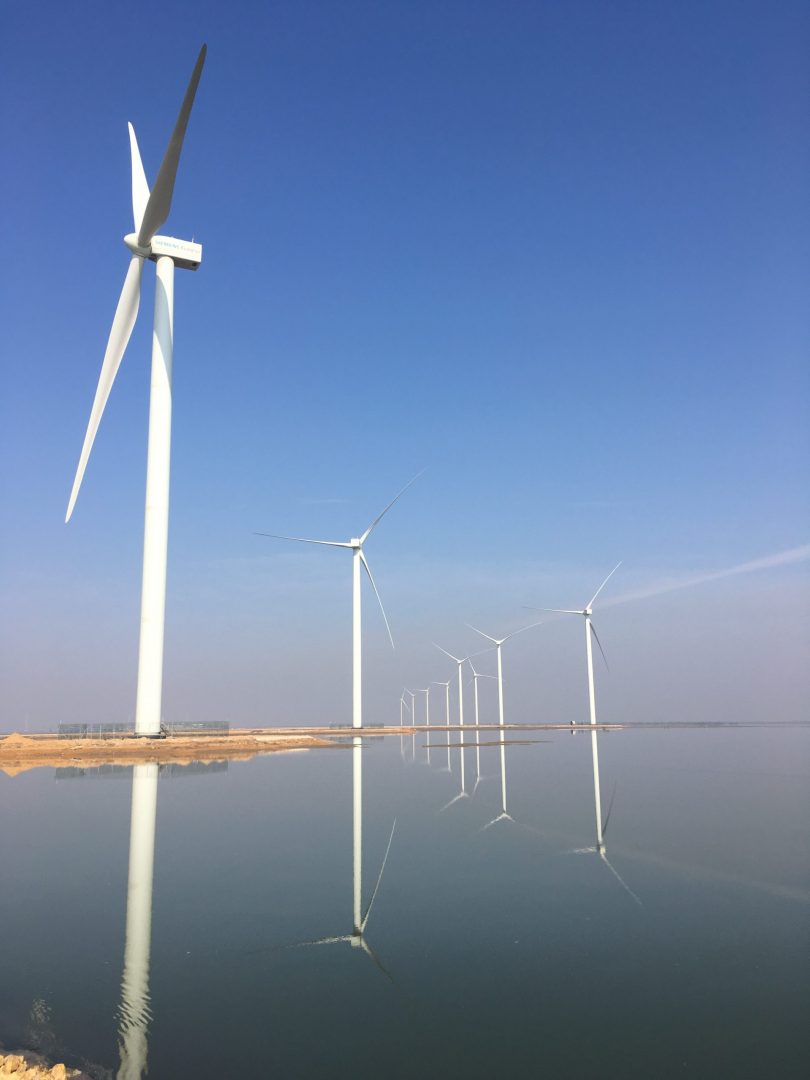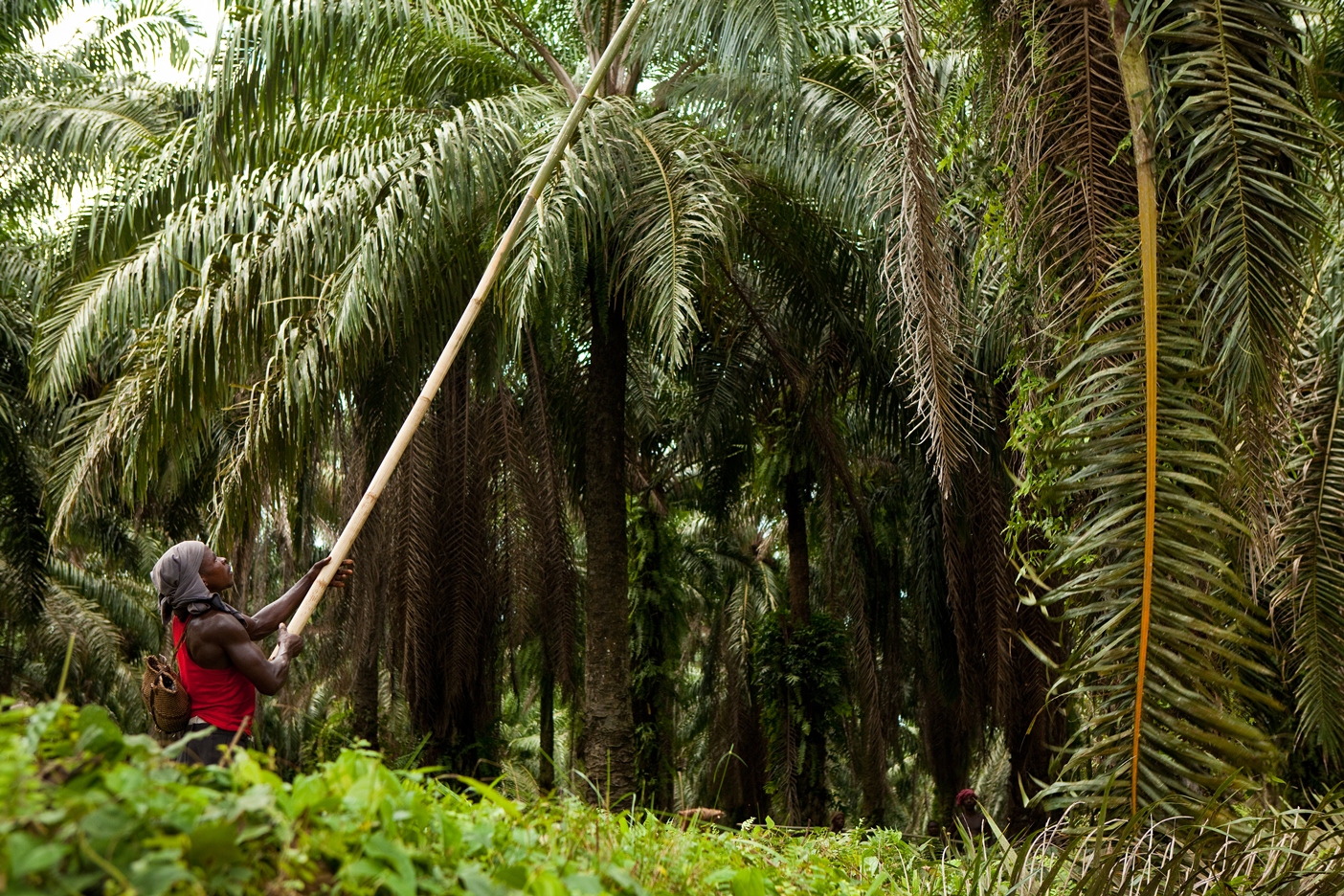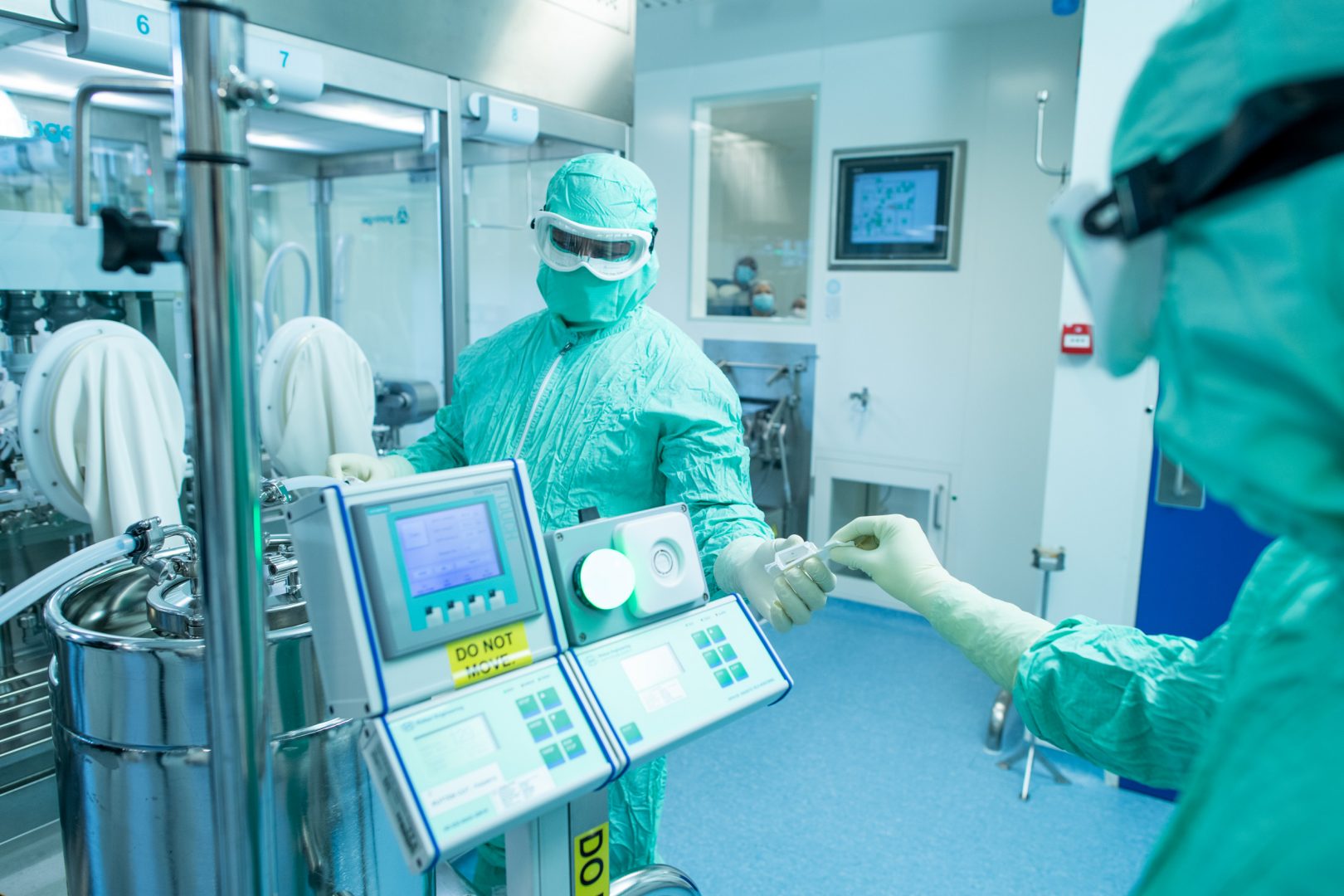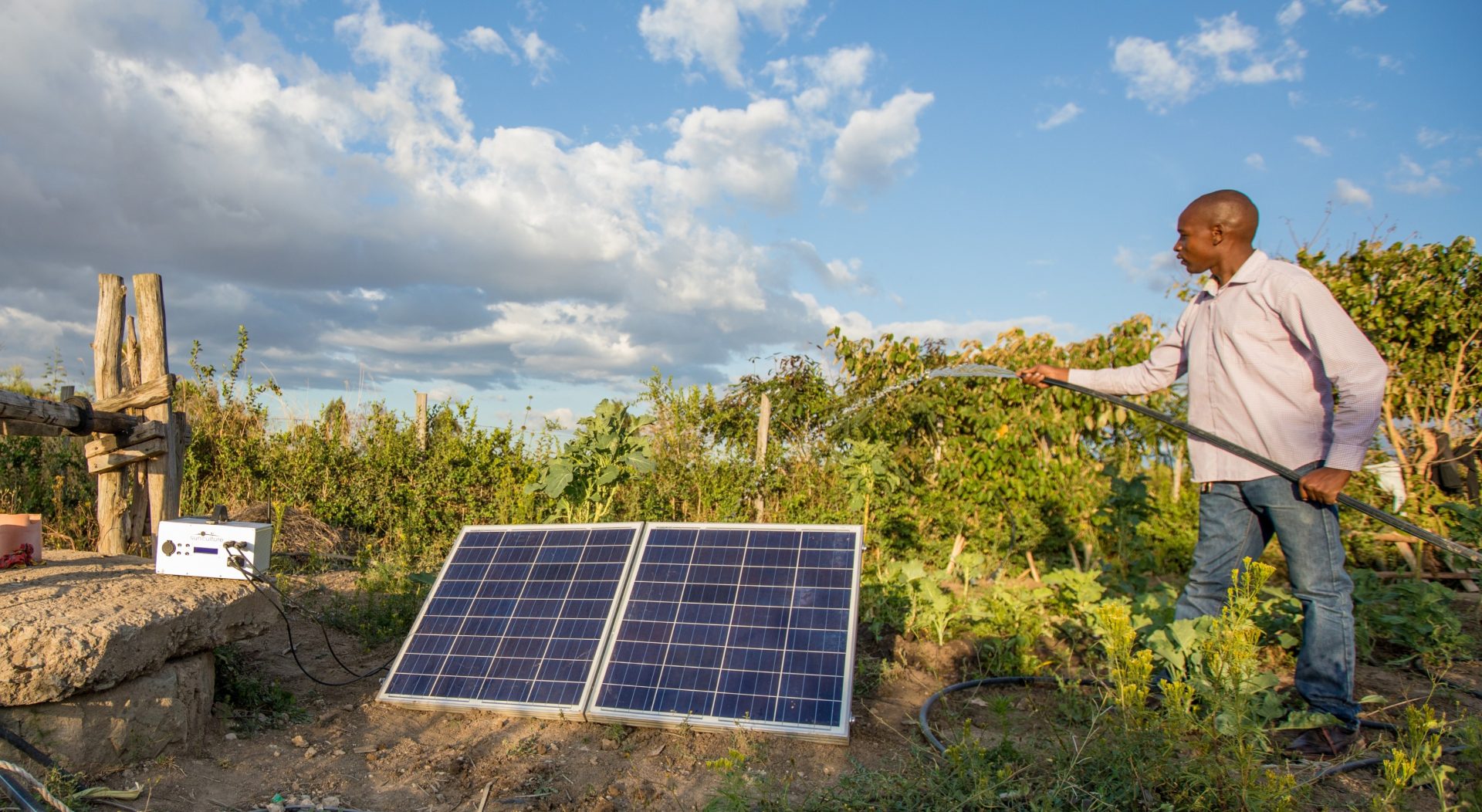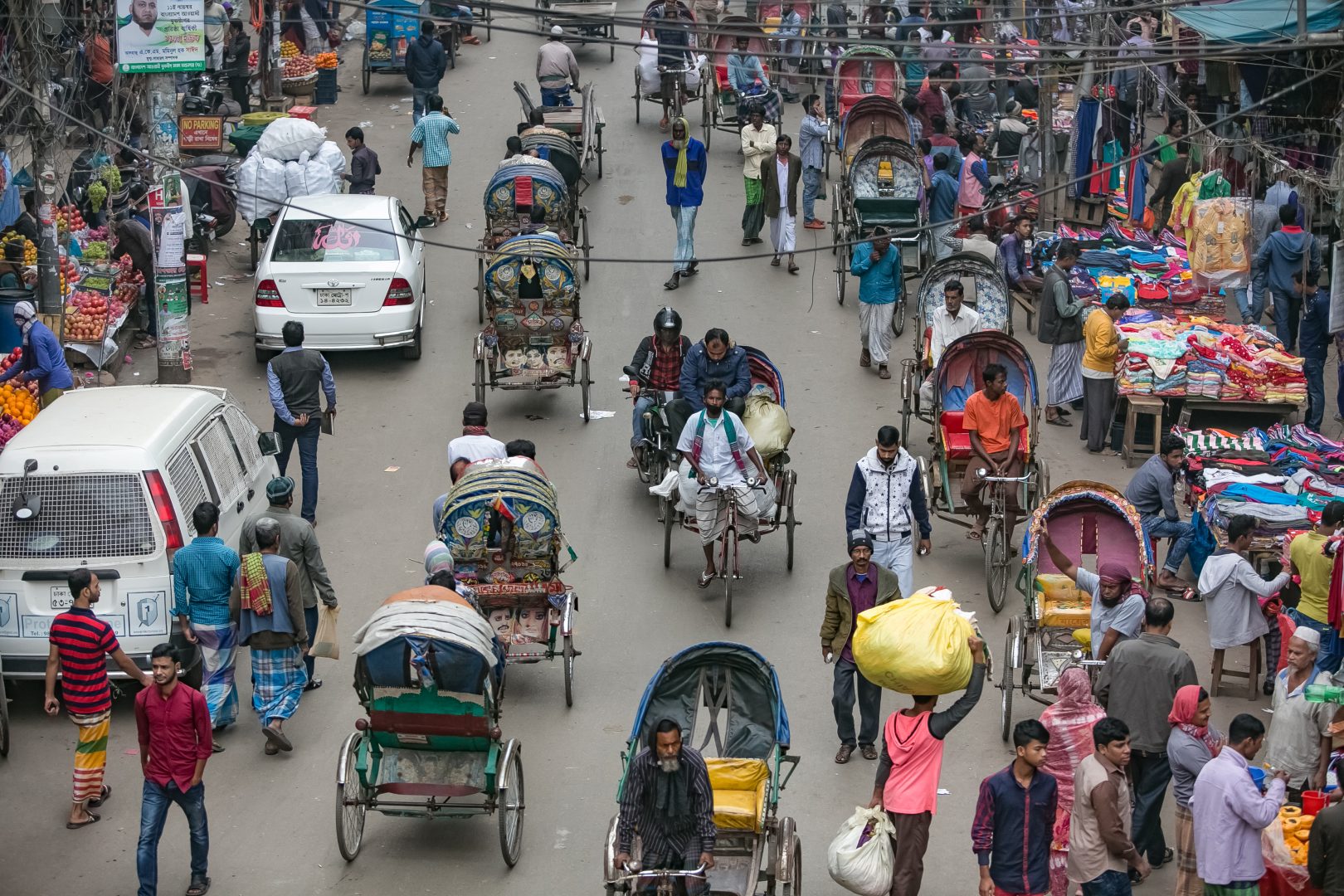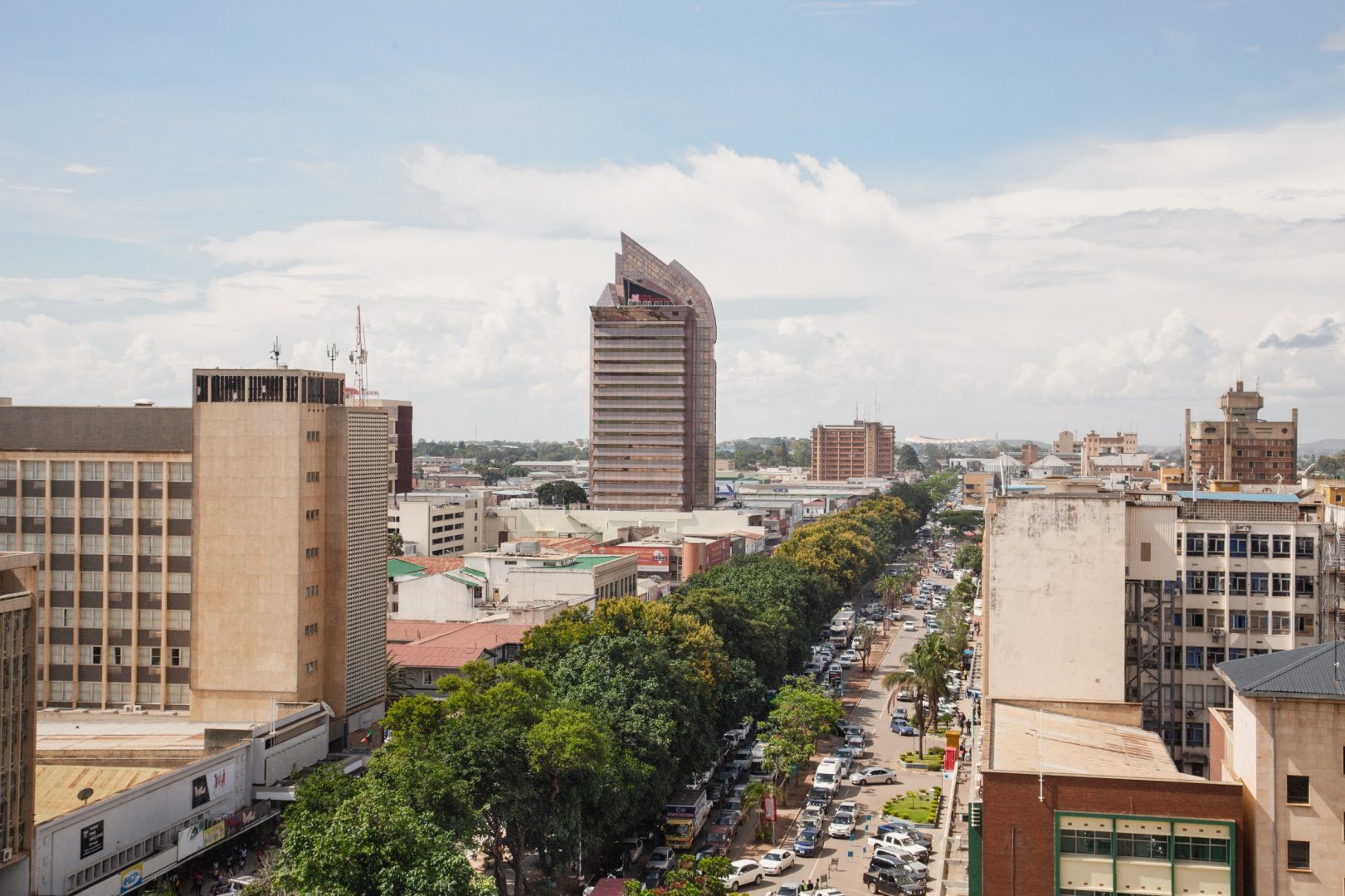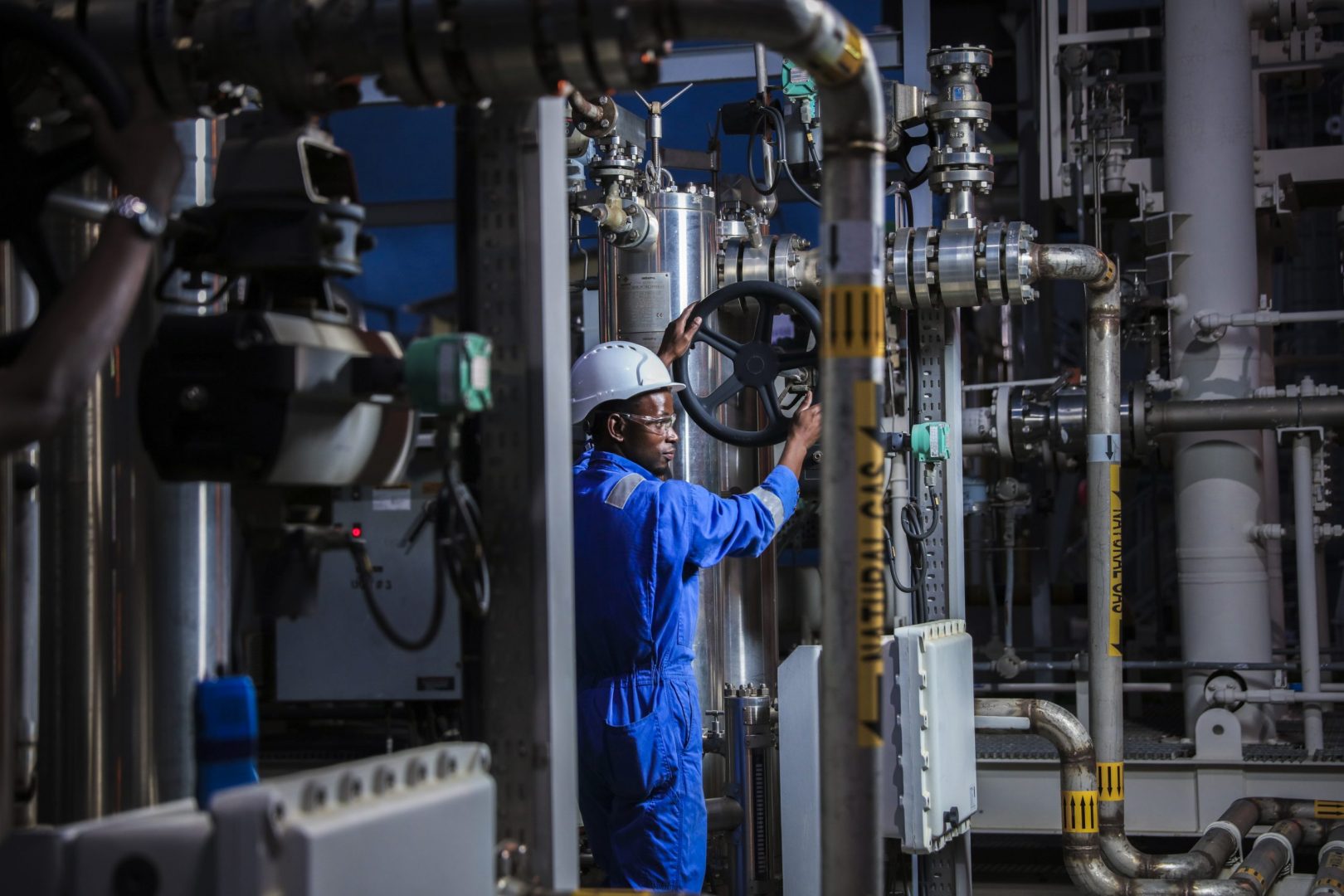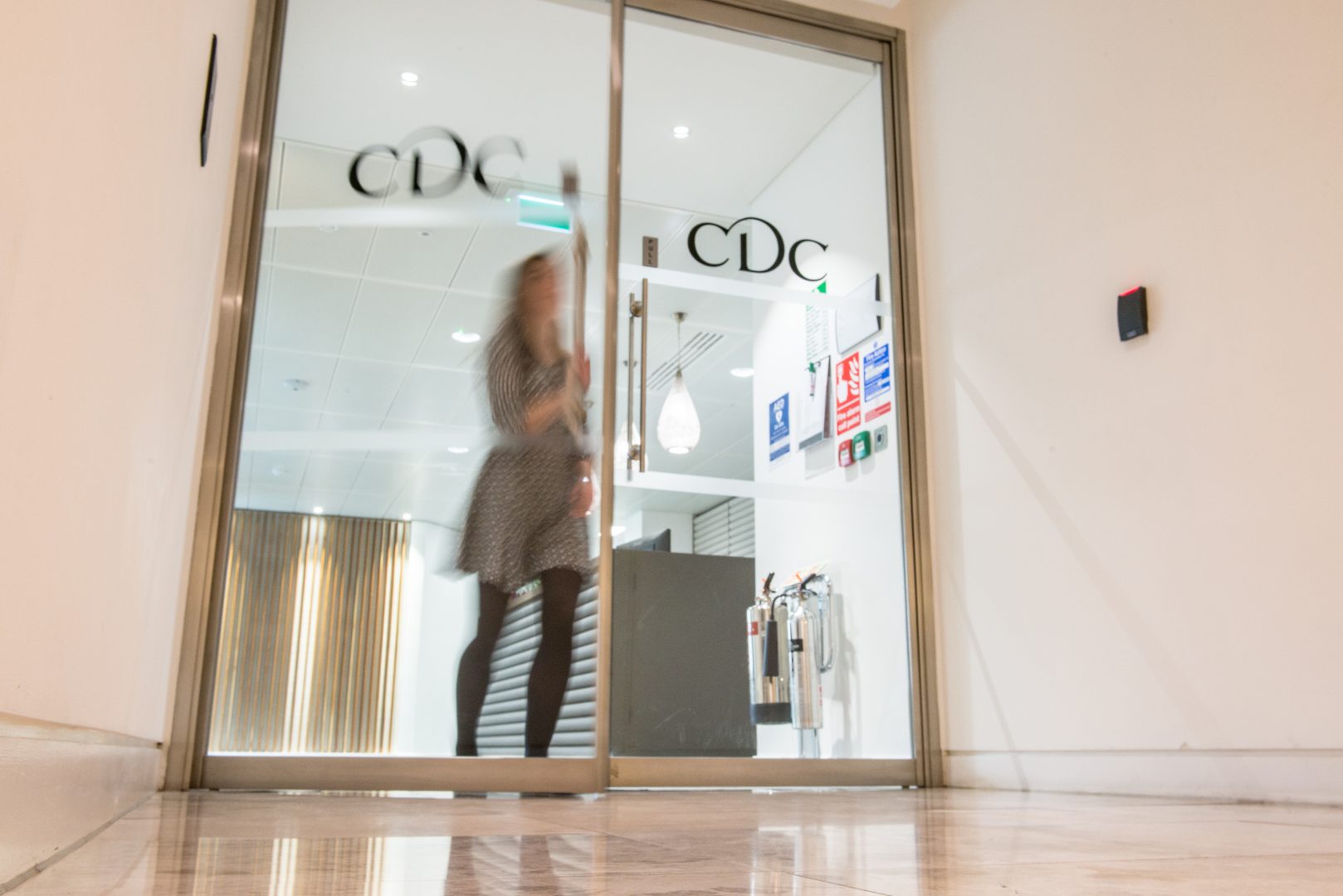KEYNOTE INTERVIEW
Better partnerships: Africa’s largest LP wants to build back better
The pandemic has created uncertainty for the continent’s private equity industry. Yet with the right partner and deep local expertise, firms can emerge stronger from the crisis, says CDC Group’s Clarisa De Franco
Africa’s private equity firms are no stranger to difficult conditions. While still a relatively nascent industry, over the past decade, many managers on the continent have variously been through periods of social unrest, the Ebola epidemic and currency devaluations. The arrival of covid-19 across African countries is the latest in a series of events managers have had to navigate. However, the severity of the health crisis and its economic effects have the potential to be significantly more far-reaching than what has gone before.
We talked to Clarisa De Franco, managing director of Africa funds, funds and capital partnerships at UK development finance institution CDC Group, to find out how fund managers are working through the crisis and what comes next. CDC Group is Africa’s largest LP, it has been investing on the continent for over 70 years. To date, it has invested in over 100 funds and deployed over $4 billion through its funds business.
Q How are GPs dealing with the pandemic in African markets?
The situation has shifted since the early part of the pandemic. In March and April, the lockdowns meant that everything was shut down across Africa. At that stage, the health impact was limited, but livelihoods were affected because so many people rely on the informal economy. Now, we recognise that many countries have not reached a peak of cases. The crisis will take a lot longer to work through and be much bigger from a health and economic point of view than initially thought.
Private equity valuations were down by between 10 and 12 percent in Q1 2020 but anecdotally there appeared to be an improvement over Q2. This is no longer the case. What we have seen in terms of response from GPs is split between those who have been through previous crises and those who have not. The former group has taken a more proactive approach, scenario planning and implementing coping strategies. The latter group has been more reactive and has taken longer to react. Across the board though, the focus has been to protect employees and ensure liquidity.
Q What have LPs been doing to support GPs beyond financial support?
We have seen a lot of collaboration and information sharing between managers and LPs, especially with DFIs such as CDC. We have been sharing guidance notes on engagement with investees and their portfolio companies to understand the impact of covid-19 on their business, and provided support around cost reduction measures, employee safety, job protection and return to work requirements.
Overall, there has been a lot of engagement between LPs and GPs. We have run webinars on topics including job losses prevention and environmental, social and governance considerations during the crisis. We worked with McKinsey to develop a tool for smaller fund managers helping them identify risks and the steps needed to address them.
Q To what extent have managers needed additional funding?
Liquidity issues have been slower to play out than we originally thought. The ideal is to find sources of funding at the underlying investee level. Through EDFI, the Association of bilateral European Development Finance Institutions, DFIs have formed working groups to address covid-19. I am chairing the group for private equity funds to address potential solutions for GPs’ liquidity needs as they increase.
There are multiple options, such as increasing the flexibility of fund documentation to allow recycling, extensions or fund level leverage needed as a result of covid. Others include providing fund level capital to provide equity or debt facilities to portfolio companies affected by the pandemic or to consider annex funds for additional capital. These are agreed principles and a framework to help analyse different funds; although this has seeded discussions for addressing liquidity needs, each situation is unique, funds have a diverse base of LPs with a variety of views and objectives.
Strengthening support and connectivity during covid-19
Energy Access Ventures Fund specialises in early and growth capital for businesses active in the energy value chain that focus on underserved households and businesses in Africa
Recently, CDC worked closely with EAVF which provided equity to strengthen the capital base of some of its portfolio businesses during the pandemic. EAVF supports companies such as Mawingu – a low cost wireless technology provider in rural areas to enable them to scale up their operations in multiple counties across Kenya providing much needed, and affordable connectivity in these times. With covid-19 driving significant uncertainty around financial sustainability of many businesses, CDC has also assisted in the hiring of a strategic CFO to provide advisory services to EAVF’s portfolio.
Q How do you think the pandemic will affect Africa’s GPs?
On a positive note, the pandemic may serve to demonstrate the ESG credentials of many African funds. In part because the industry has historically been largely DFI-funded, the level of ESG specialisation is very high and this has become clear over the past few months as there have been dedicated individuals within firms reporting on employee safety, effects of the pandemic on the broader supply chain and other potential ESG risks and opportunities. We conducted a portfolio review recently and found that African funds were much more ESG-focused in their reactions to the pandemic in areas such as job protection than in other regions.
However, there will be significant challenges, some of which were starting to come through pre-covid and have now been exacerbated. There were a lot of people crossing their fingers that there would be a 3-6 month hit, followed by a recovery over 12 months, but it actually looks as though the hit will be more like 9-12 months, with a multi-year recovery. Business growth and exit plans are being delayed and business models redefined.
We are particularly worried about the effect on exits, given that realisations were already an issue and covid-19 will compound this as many processes have been delayed. There were also some concerns around manager sustainability, which again have been brought to the forefront by the crisis. Fundraising challenges will continue to be a major barrier to their development.
Q Given these challenges, how can the industry recover?
There is a need for consolidation and review of the traditional closed ended PE fund model and its terms. There is potential to open up a new and diverse source of funding within the industry, with public markets capital going to a private equity fund manager with strong experience.
The industry will go through a difficult period, which makes our support, and that of other DFIs, more important than ever. We have invested in over 90 funds in Africa across 31 countries. We have a good view of the overall market, where and who the managers are, so we have visibility on which GP strategies will perform better through the pandemic and beyond. We can engage with managers to explore how they can expand, whether that be through joint ventures, acquisitions or some other type of consolidation. This has the power to make the industry stronger over the long term.
We are working to improve information on Africa’s private equity industry by publishing our proprietary data, in part to improve transparency for existing and potential investors, but also to aid analysis and prompt discussion around whether traditional private equity terms are appropriate for Africa’s funds. We have seen the lack of detailed data in the Africa PE market as part of the barrier to entry, so publishing our own data and track record should help inform investors looking to understand the African market better – especially local and regional pools of capital.
Q Can you share more details about the data project?
We believe that the data currently published on African fund performance is very limited, not all funds contribute their numbers. Our dataset is twice the size of existing datasets and, because of our development mission, it as our duty to provide the data broken down by, for example, quartile, sector and local currency performance.
Given the travel restrictions, there is now a lot of focus on local sources of capital. We hear complaints from dollar investors that the returns from African funds are not sufficient, but if you look at rand investors, for example, they note that the performance from PE funds is significantly better than that of their public investments. Additionally, we will analyse the learnings and implications of how this could feed into a review of terms. We could see changes to the two-and-20 model or 10-year fund life, hurdle rates or perhaps developmental carry hurdles.
“There is a need for consolidation and review of the traditional closed ended PE fund model and its terms”
Q How do you expect Africa’s markets to develop going forward?
I believe that the secondaries market is set to play an important role in Africa – and that is a positive development that we are keen to encourage. We have recently had multiple approaches from other LPs, GPs and placement agents with secondary interests to ask whether there is a role for secondaries now and we are hopeful we will see some developments soon. Secondaries would provide excellent vehicles for assets that would offer investors liquidity.
I also think we will see fewer new funds emerge as fundraising becomes challenging and consolidation plays out. Our strategy now is two-fold: continue our engagement and innovation with teams that are addressing specific market inefficiencies (including first time teams) and to back strong performing existing GPs, with fewer new managers than previously because we believe that will help create a stronger industry that can focus on both financial and developmental outcomes.
We have recently committed $100 million to Helios, $80 million to Development Partners International and $50 million to AfricInvest, for example. But good managers will need more investors. That is why we created a new investor desk with a dedicated individual – Hazel Taylor, director at CDC – who will strengthen partnerships and help find matches between LPs and GPs.
There will also be increasing focus on climate change and gender diversity, both of which are target areas for us. We recently launched our climate strategy and we are working to identify strategies dedicated to climate resilience, which will account for 30 percent of our commitments in 2021.
This keynote interview appears in Private Equity International’s special report on Africa: Mapping out the continent’s hotspots – published September 2020.

